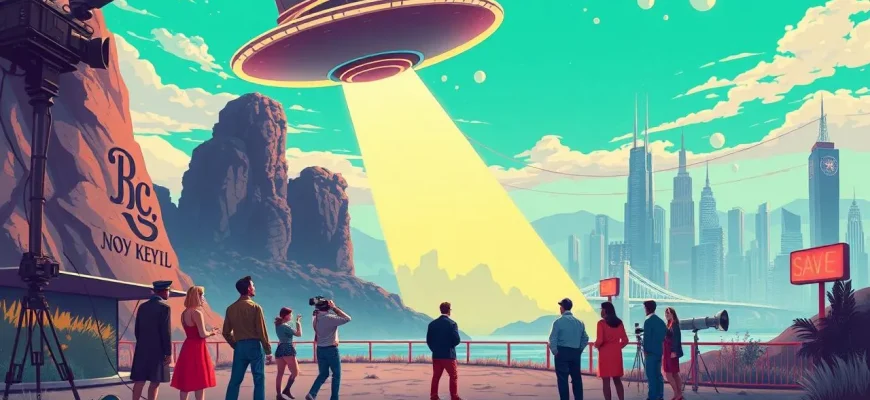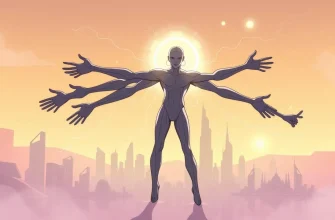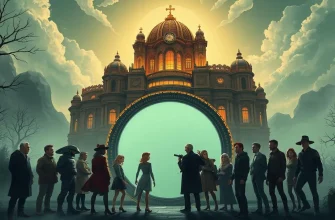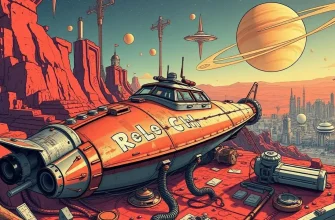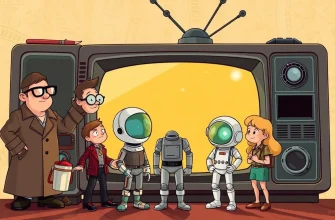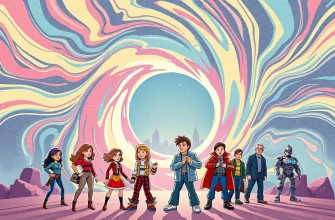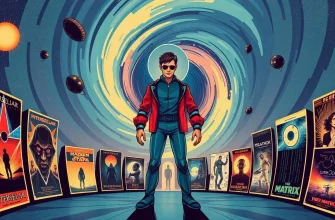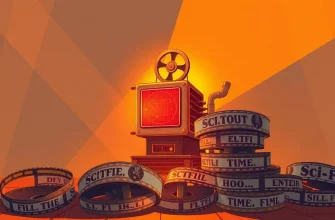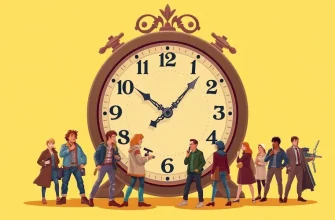Step into the realm of the unknown with our curated selection of sci-fi films that delve into the future. These films not only entertain but also provoke thought, challenge our perceptions, and inspire us to ponder the possibilities of what might come. Whether it's dystopian societies, advanced technology, or interstellar adventures, this list has something for every sci-fi enthusiast.
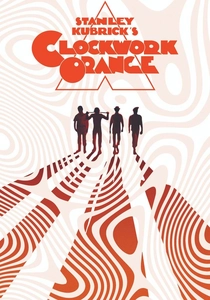
A Clockwork Orange (1971)
Description: Stanley Kubrick's adaptation of Anthony Burgess's novel presents a dystopian future where the government uses extreme measures to control youth violence, questioning the nature of free will and morality.
Fact: The film's use of Beethoven's music, particularly the Ninth Symphony, is integral to the character development and thematic exploration.
 Watch Now
Watch Now
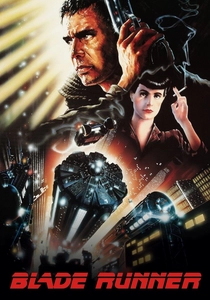
Blade Runner (1982)
Description: Ridley Scott's masterpiece explores a future where synthetic humans, known as replicants, are bioengineered by the powerful Tyrell Corporation for use in off-world colonies. The film raises questions about humanity, identity, and the essence of life.
Fact: The film's visual style was heavily influenced by the art of Syd Mead, and its iconic soundtrack was composed by Vangelis.
 Watch Now
Watch Now
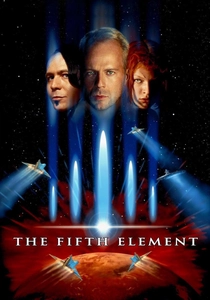
The Fifth Element (1997)
Description: Luc Besson's vibrant and colorful film takes us to the 23rd century, where a cab driver becomes embroiled in a cosmic battle to save Earth from an ancient evil.
Fact: The film features a cameo by Jean-Paul Gaultier, who also designed the costumes, adding to the film's unique aesthetic.
 Watch Now
Watch Now

Gattaca (1997)
Description: In a future where genetic engineering determines one's place in society, a naturally conceived man assumes the identity of a genetically superior individual to pursue his dream of space travel.
Fact: The film's title is derived from the four nitrogenous bases of DNA: guanine, adenine, thymine, and cytosine.
 Watch Now
Watch Now

The Matrix (1999)
Description: This film introduces us to a world where reality is an illusion, controlled by sentient machines to subdue the human population. Neo, a hacker, learns the truth and must decide whether to fight for freedom or remain in blissful ignorance.
Fact: The Wachowskis were inspired by various sources, including Japanese anime, cyberpunk literature, and philosophical concepts from Plato's Allegory of the Cave.
 Watch Now
Watch Now
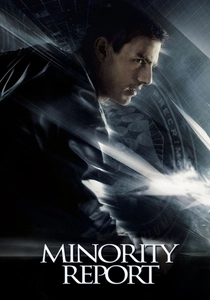
Minority Report (2002)
Description: Set in a future where crimes can be predicted before they happen, this Steven Spielberg film explores the ethical dilemmas of pre-crime and the potential for abuse of such power.
Fact: The film features futuristic technology like gesture-based computing, which has since become a reality with devices like the Microsoft Kinect.
 Watch Now
Watch Now
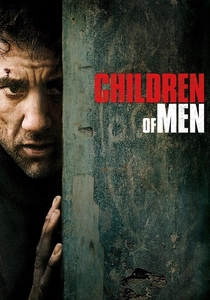
Children of Men (2006)
Description: In a world where humans can no longer reproduce, a former activist must help transport a miraculously pregnant woman to safety, offering a glimmer of hope for humanity's future.
Fact: The film was shot using long takes to create a sense of realism, with one continuous shot lasting over six minutes.
 Watch Now
Watch Now

Elysium (2013)
Description: In this film, the rich live on a luxurious space station called Elysium, while the rest of humanity struggles on an overpopulated, ruined Earth. The story follows a man's quest to bring equality to the two worlds.
Fact: The film's visual effects were nominated for an Academy Award, showcasing the stark contrast between Earth and Elysium.
 Watch Now
Watch Now

Her (2013)
Description: Spike Jonze's film imagines a near future where a man falls in love with an operating system, exploring themes of loneliness, love, and the evolving relationship between humans and technology.
Fact: The voice of the operating system, Samantha, was provided by Scarlett Johansson, who was not the first choice for the role.
 Watch Now
Watch Now

Brazil (1985)
Description: Terry Gilliam's surreal vision of a dystopian future where bureaucracy reigns supreme, and one man's quest for freedom leads him into a nightmarish adventure.
Fact: The film's title refers to the song "Aquarela do Brasil," which plays during a dream sequence, symbolizing escape and freedom.
 30 Days Free
30 Days Free

